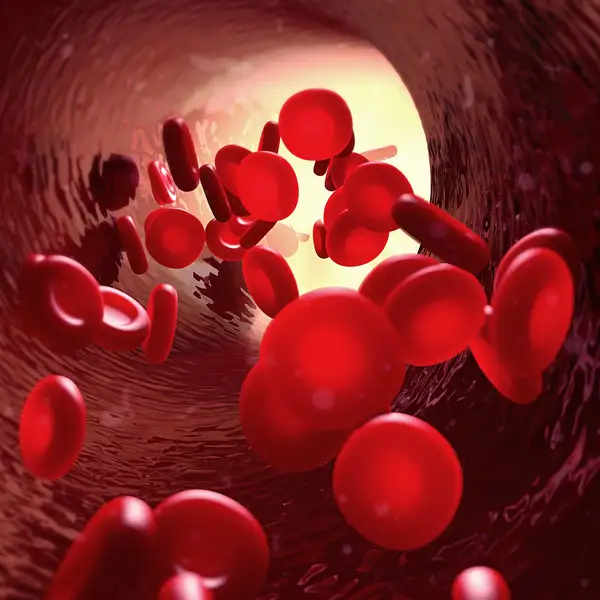

Blood Diseases
"Together, we can work towards achieving optimal health and wellness." Jawan Ayer, MD
Dr. Ayer, a hematologist for over 20 years, specializes in diagnosing and treating blood disorders. Hematology involves the study of blood, blood-forming organs, and proteins that control bleeding and clotting.
Integrative hematology combines conventional treatments with complementary therapies like supplements, vitamins, and lifestyle changes to enhance treatment outcomes and overall well-being.
What Blood Disorders Are Treated by Hematologists
Anemia
Low platelets
High white blood cell counts
Bleeding disorders
Blood clots
Sickle-cell anemia
Key Points About Integrative Hematology
Focus on the whole person: Unlike traditional hematology, which primarily focuses on the blood disorder itself, integrative hematology considers the patient's physical, mental, and emotional health when developing a treatment plan.
Utilizes complementary therapies: Alongside standard medical treatments like medications and procedures, integrative hematology may incorporate therapies like acupuncture, massage, meditation, dietary counseling, and herbal remedies.
Evidence-based approach: While incorporating alternative therapies, integrative hematology prioritizes using approaches with scientific evidence supporting their potential benefits.
Example Applications of Integrative Hematology
Nutritional counseling: Tailoring dietary plans to manage specific blood disorders, like iron deficiency anemia, by recommending nutrient-rich foods.
Supplements for symptom management: Using specific vitamins and minerals to alleviate side effects of chemotherapy or other treatments.
Mind-body practices: Incorporating relaxation techniques like mindfulness meditation to manage stress and anxiety associated with a blood disorder diagnosis.
What Blood Disorders Are Treated by Hematologists
Anemia
Infection
Hemophilia
Blood-clotting disorders
Leukemia
Sickle-cell anemia
Lymphomas
When Might You Be Referred to a Hematologist?
If you or someone you care about is diagnosed with a blood disorder, your primary care physician may refer you to a hematologist.
